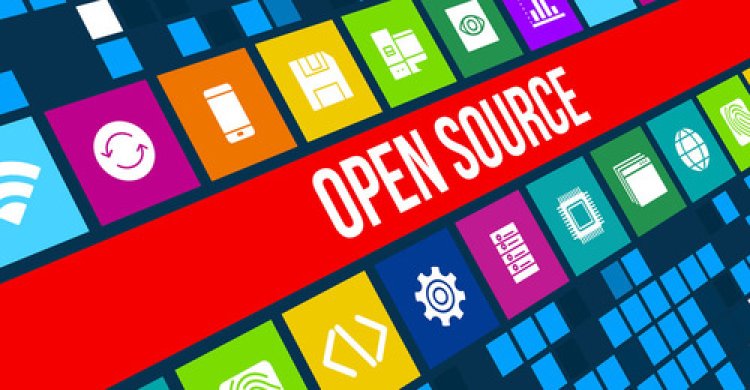Unlocking Value: Strategies for Successful Open Source Monetization
Discover proven strategies to monetize open source projects effectively. Maximize value and sustainability in the digital economy.
Share this Post to earn Money ( Upto ₹100 per 1000 Views )

Open source software has revolutionized the tech industry by fostering innovation through collaborative development and transparent accessibility. However, for many developers and organizations invested in open source projects, the challenge lies in effectively monetizing these efforts while maintaining the ethos of openness and community contribution. Here, we explore various strategies that can help unlock the value of open source projects through successful monetization.
Understanding Open Source Monetization
Open source software is distributed under licenses that grant users the right to use, modify, and distribute the software freely. This foundational principle promotes community-driven development and rapid innovation. Monetizing open source projects involves finding sustainable ways to generate revenue while respecting these principles.
Key Strategies for Monetization
1. Dual Licensing Models:
- Open Core Model: Offer a core version of the software under a permissive license (e.g., MIT, Apache) while providing premium features under a commercial license. This allows users to benefit from free access to basic functionalities while paying for advanced features and support.
- Proprietary Add-ons: Develop proprietary add-ons or extensions that complement the open source core. Users can purchase these add-ons for enhanced capabilities or specialized functionalities.
2. Support and Maintenance Services:
-
Offer paid support and maintenance services for enterprises and users requiring guaranteed uptime, troubleshooting, and customization.
-
Provide training, consulting, and integration services tailored to specific business needs.
3. SaaS (Software as a Service):
-
Utilize the open source software to build and deliver a SaaS platform. Users benefit from the convenience of cloud-based solutions while the provider monetizes through subscription fees, tiered pricing models, or usage-based billing.
-
Ensure compliance with open source licenses by offering transparent access to source code modifications when applicable.
4. Community and Ecosystem Engagement:
-
Foster a vibrant community around the open source project by encouraging contributions, hosting hackathons, and providing forums for collaboration.
-
Create value-added services such as marketplace platforms for plugins, templates, and integrations developed by third-party contributors, where the platform retains a percentage of sales.
5. Donations and Sponsorships:
-
Implement donation mechanisms (e.g., Patreon, Open Collective) to allow individuals and organizations to financially support ongoing development and maintenance.
-
Seek corporate sponsorships or grants from foundations aligned with the project’s mission to fund specific initiatives or feature developments.
Challenges and Considerations
Successfully monetizing open source software requires navigating several challenges:
-
Balancing Openness and Commercial Viability: Maintain a balance between open source principles and monetization strategies to avoid community backlash.
-
Competing with Free Alternatives: Differentiate premium offerings from free alternatives while demonstrating added value through enhanced features, support, and reliability.
-
Managing Community Expectations: Transparent communication and community engagement are critical to managing expectations regarding changes in licensing or monetization models.
Conclusion
Open source software continues to drive innovation and democratize access to technology. By adopting thoughtful monetization strategies that align with community values and market demands, developers and organizations can unlock the full potential of their open source projects. Embracing transparency, fostering community collaboration, and offering compelling value propositions are key to building sustainable revenue streams while advancing the broader adoption and impact of open source software.
In conclusion, successful open source monetization hinges on creativity, strategic planning, and a commitment to both innovation and community empowerment.
















